In November 2020, on the occasion of the 25th Anniversary of the Barcelona Process, the 42 UfM Member States recognised the need to prioritise, in the years to come, five areas of action where the UfM can play a crucial role and provide for comparative advantages towards a sustainable post-pandemic recovery, paving the way for the creation of more resilient societies and economies in the region.
In this spirit, the year 2021 witnessed significant progress in these five priority areas identified in November 2020, namely: environmental and climate action, sustainable and inclusive economic and human development, social inclusiveness and equality, digital transformation, and civil protection.
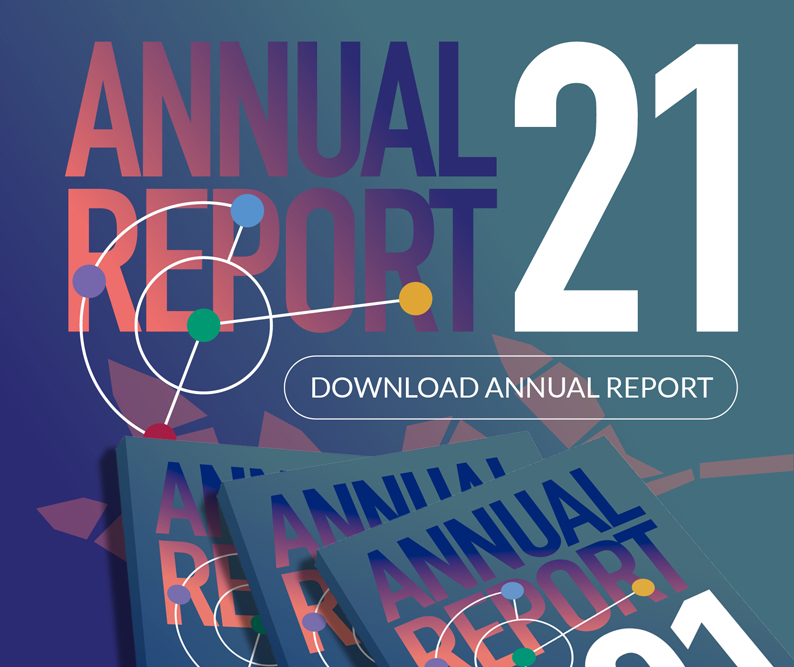


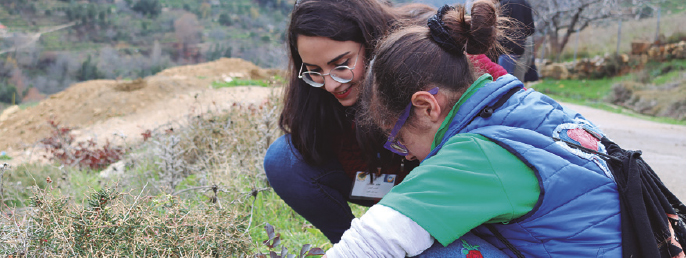

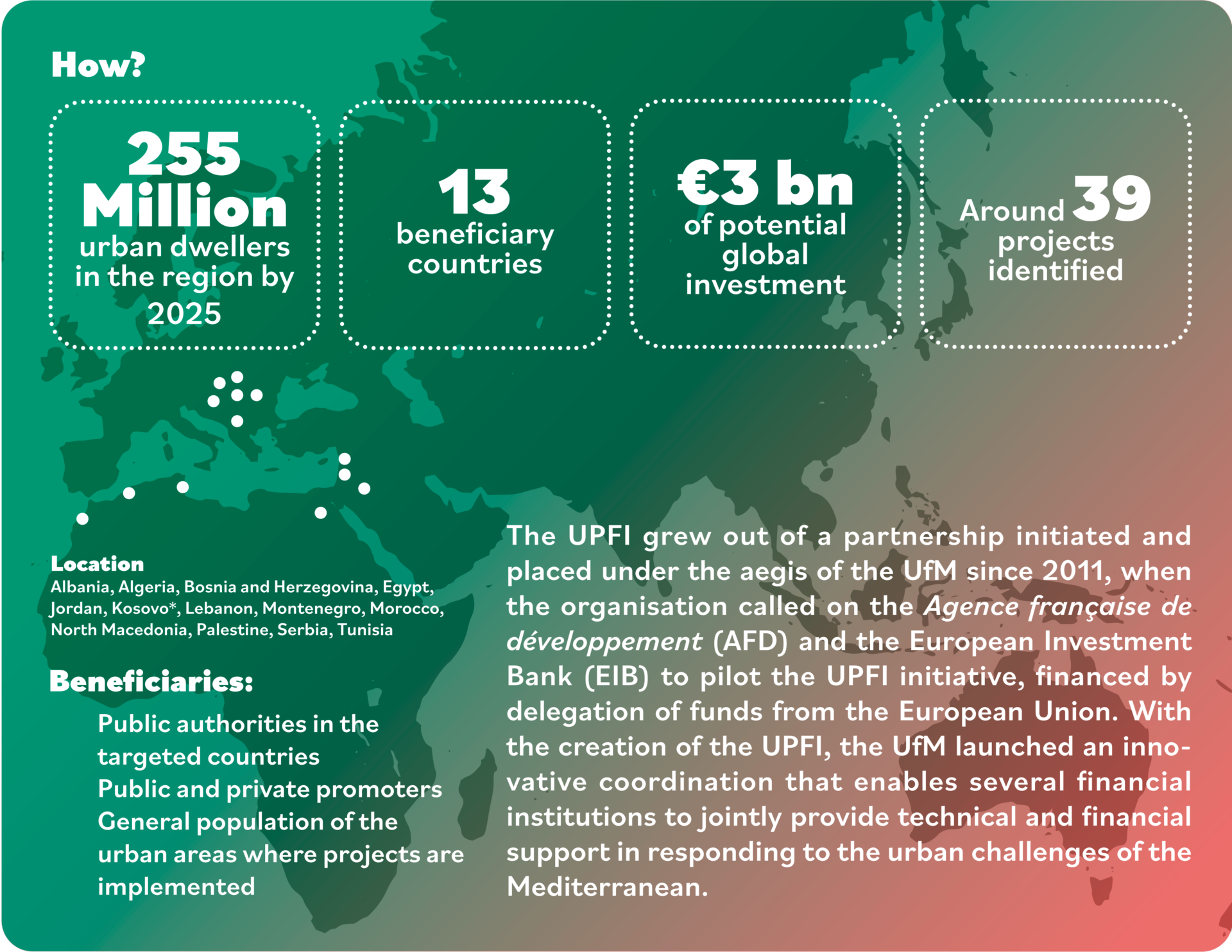
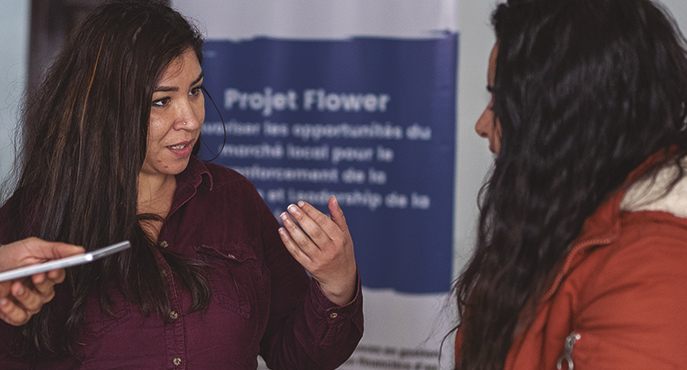

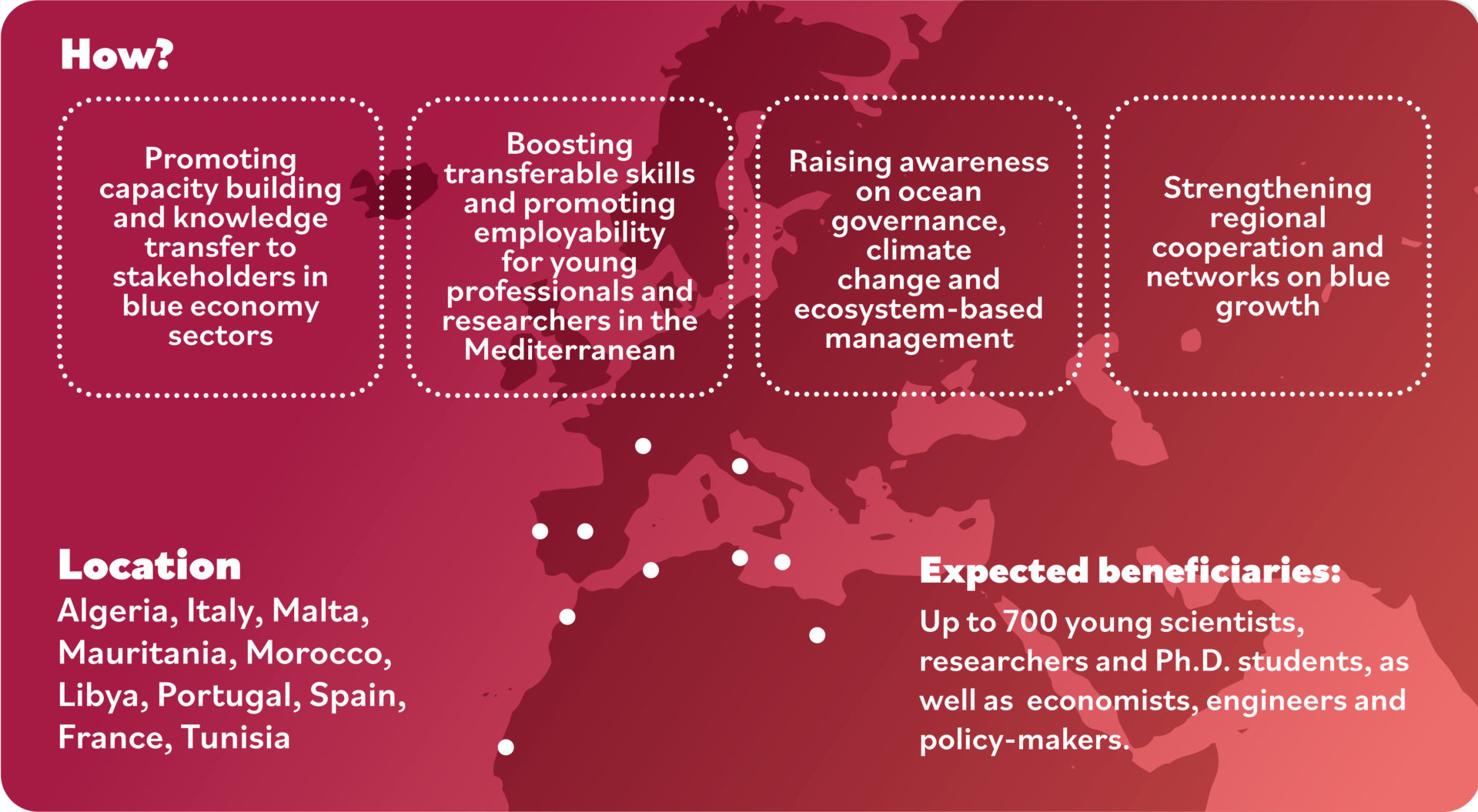
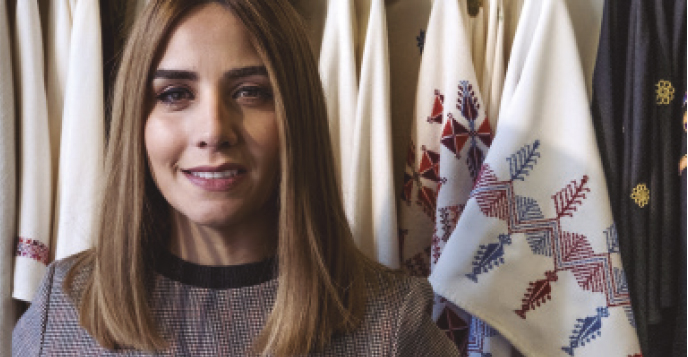
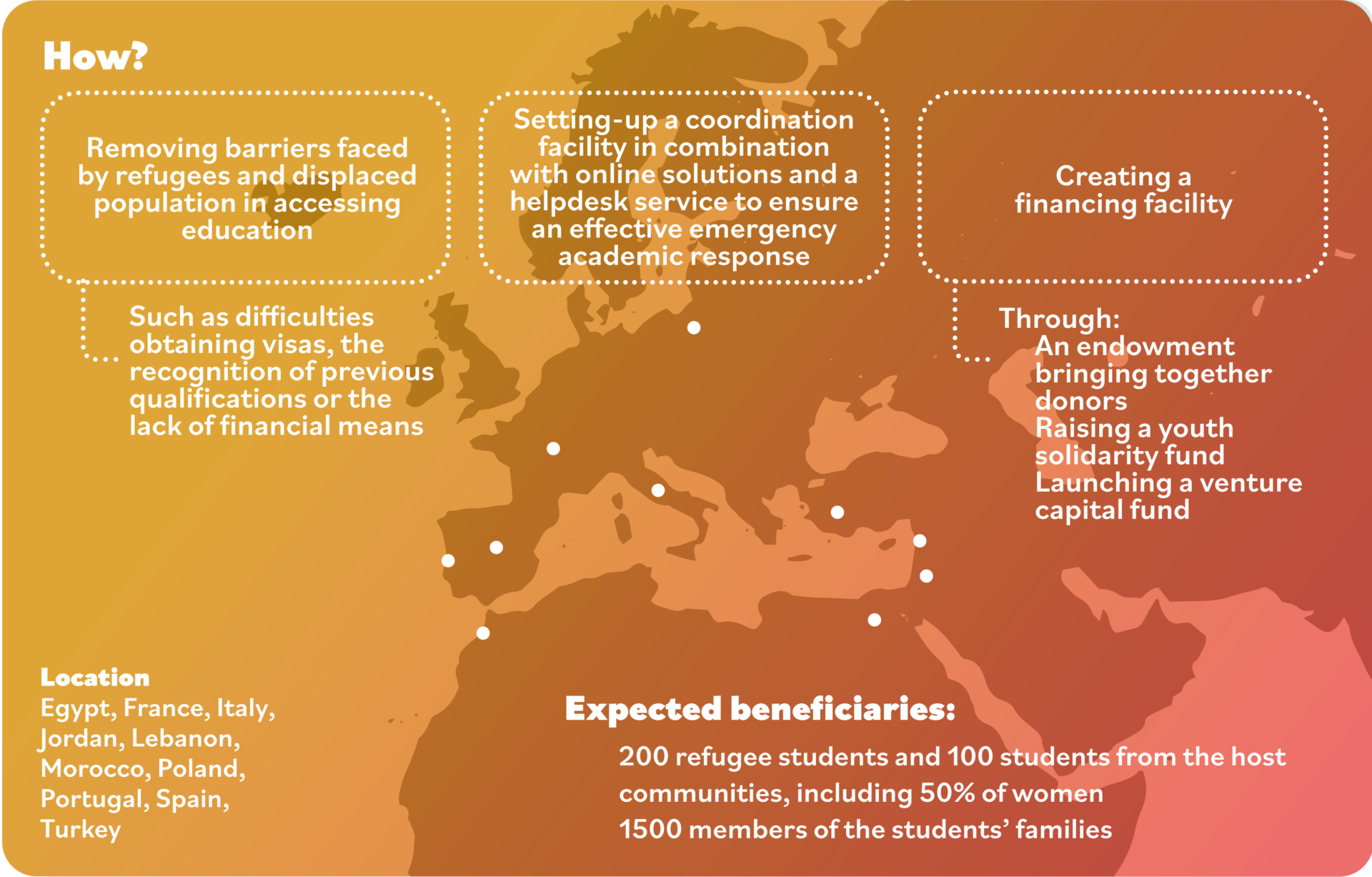
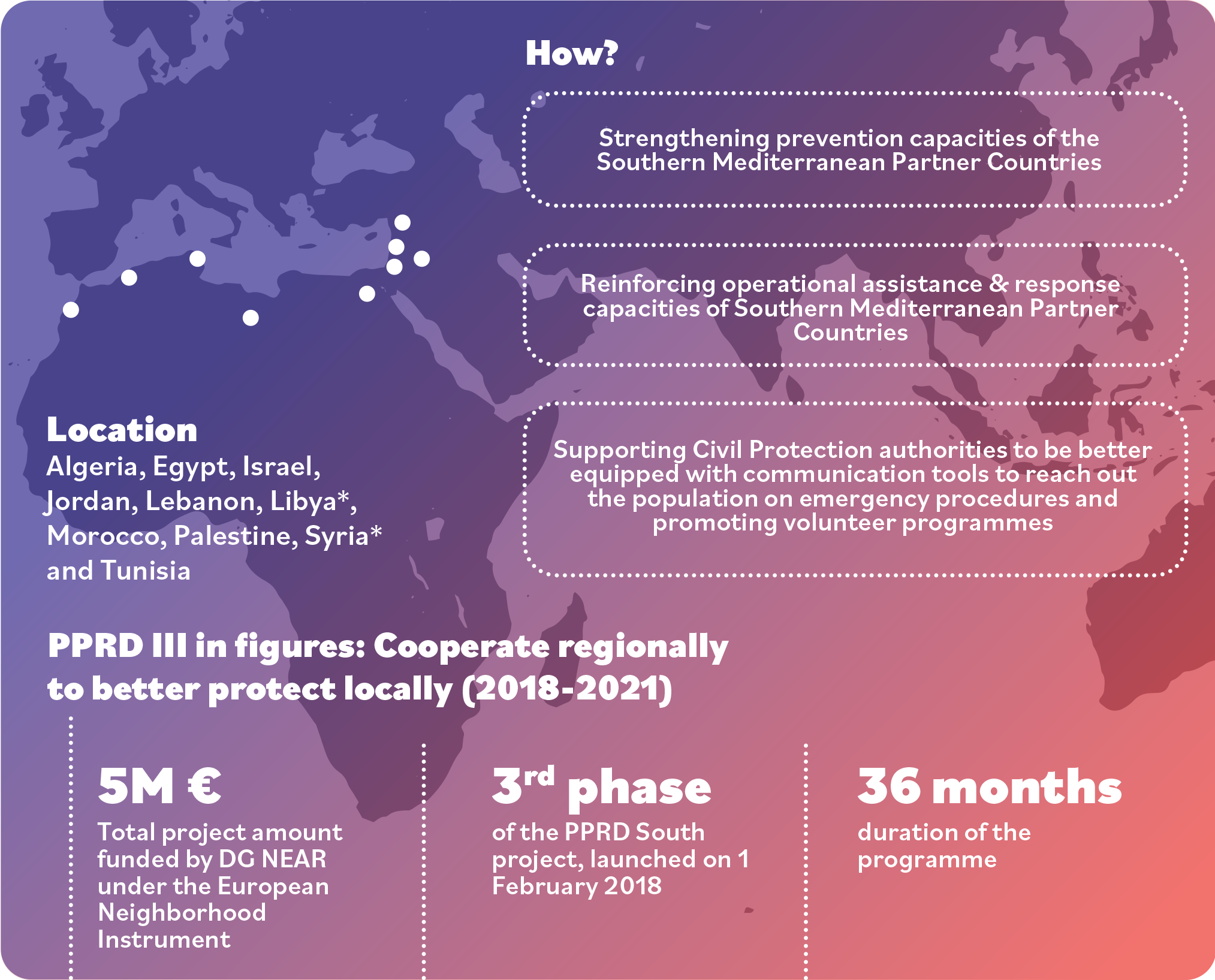
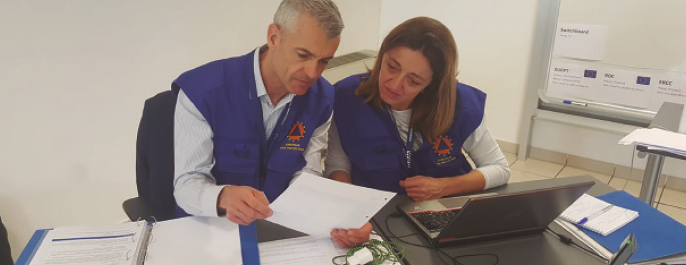

III. Social inclusiveness and equality